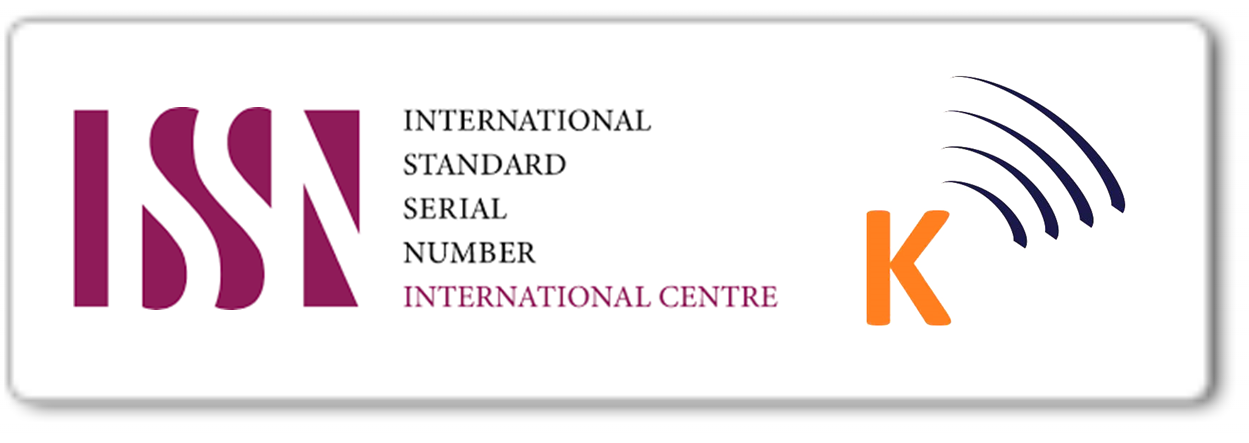Transformative Learning Strategies for Effective Teaching and Learning in Digitized Higher Education
Keywords: transformative learning, transformating higher education, digital transformation
Abstract
Higher education is experiencing a shift at a rate never previously seen owing to a change in higher education theory and practices that have become more learner-centered globally. As the value of higher education has increased, education has also become an ongoing activity. Transformative learning theory is widely used in higher education because it provides advice on how people might discover meaning in their lives. Teachers can improve their theory and practice of instruction through transformational learning by critically assessing and revising their assumptions and expectations to promote higher education students’ successful learning. Higher education institutions are finding it increasingly difficult to adapt to changing facilities brought about by digitization, technological innovations, increased technological connectivity, workplace diversity, mobility and migration, and global market expansion. This paper delves deeply into the concepts of digital transformation and transformational learning practices in order to help readers understand their importance and function in effective teaching and learning in transforming higher education. The primary contribution of this paper is the delivery of transformative learning strategies and a comprehensive approach on how to effectively integrate digital technologies into the teaching and learning process to increase student engagement, knowledge retention, and the development of critical thinking skills.
Downloads
References
Baeten, M., Struyven, K., & Dochy, F. (2013). Student-centred teaching methods: Can they optimise students’ approaches to learning in professional higher education?. Studies in Educational Evaluation, 39(1), 14-22.
Bejinaru, R. (2019) Impact of digitalization on education in the knowledge economy. Management Dynamics in the Knowledge Economy, 3(7), 367-380.
Beytekin, O.F. (2021). Transformation of Higher Education into New Normal. Higher Education Studies, 11(3), 125-133.
Bolander Laksov, K., & McGrath, C. (2020). Failure as a catalyst for learning: Towards deliberate reflection in academic development work. International Journal for Academic Development, 25(1), 1-4.
Echenique, E., Molías L., & Bullen M. (2015). Students in higher education: Social and academic uses of digital technology. Universities and Knowledge Society Journal, 12(1), 1–11.
Javed, F. (2023). Transformative learning strategies for successful teaching and learning in the transforming higher education. In Miltiadis D. Lytras (Ed.), Active and Transformative Learning in STEAM Disciplines: From Curriculum Design to Social Impact. Emerald (In Press)
King, K. P. (2005). Bringing transformative learning to life. Malabar, FL: Krieger Publishing.
Lupan, M., & Bejinaru, R. (2019). Perspectives of university governance for the development of entrepreneurship. The USV Annals of Economics and Public Administration, 19(29), 74-81.
Nichols, M., Choudhary, N., & Standring, D. (2020). Exploring transformative learning in vocational online and distance education. Journal of Open, Flexible and Distance Learning, 24(2), 43–55.
Peshkova, G., & Samarina, А. (2018). Digital economy and recruitment potential: strategical interconnection and prospects. The Education and Science Journal, 20(10), 50-75.
Saykili, A. (2019). Higher education in the digital age: The impact of digital connective technologies. Journal of Educational Technology & Online Learning, 2(1), 1–15.
Vindača, O., Ļubkina, V., Žogla, I., & Prudņikova, I. (2020). Effective digital transformation in the context of higher education. In EDULEARN20 Proceedings (pp. 1027-1036). IATED.
Wingo, N. P., Ivankova, N. V., & Moss, J. A. (2017) Faculty perceptions about teaching online: exploring the literature using the technology acceptance model as an organizing framework. Online Learning, 21(1), 15–35.
Zajkowski, A., & Stańczak, J. (2015). The challenges of public university informatization. Foundations of Management, 7(11), 239-252.
Copyright (c) 2024 Fareeha Javed

This work is licensed under a Creative Commons Attribution-NonCommercial-ShareAlike 4.0 International License.







